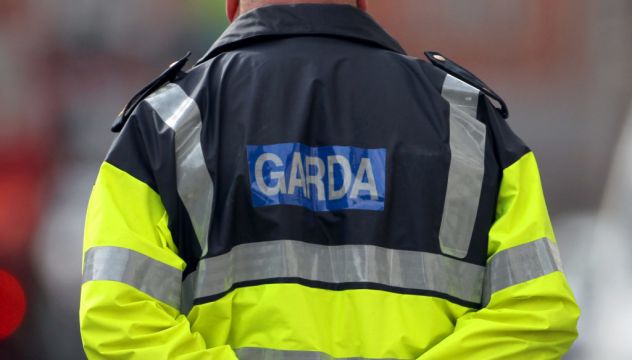New investigative powers by the proposed new Garda Ombudsman are “are excessive and disproportionate” and breach constitutional rights, an Oireachtas committee has been told.
Representatives of various levels of gardaí criticised new legislation to reform policing oversight, claiming that the Garda Síochána Ombudsman Commission (Gsoc) replacement will have additional powers that are “imprecise and indistinct”.
Representatives of Forsa, the Association of Garda Superintendents, Association of Garda Sergeants and Inspectors, Garda Representative Association (GRA) set out their concerns about the Policing, Security and Community Safety Bill.
The Oireachtas Committee on Justice was told of how some gardaí have been suspended for long periods of time, some amounting to over a year, without being told the reason.
The committee was also told the some gardaí accused of wrongdoing could go on for years with little to no communication from Gsoc about the matter.
Antoinette Cunningham, general secretary of AGSI, said that investigations in to gardai can go on for years.
“Members are left in limbo for years.
“Gsco doesn’t respond to letters and questions are left unanswered,” Ms Cunningham added.
“Garda are under investigation without being notified and there is no time limit as to when that can be concluded.
“We have real concerns around fairness. Everyone is entitled to fair procedures.
“This will allow Gsoc to start an incident of concern without even notifying gardai.
“There is no definition of incident of concern.
“It could emerge if someone posts a social media clip online without context and that leads to a public outcry and the member is found to be under investigation.
“The reasons for the investigation and suspension should be set out to you.”
Philip McAnenly, interim general secretary of the Garda Representative Association (GRA), also said that he has represented officers who have been suspended from the force for over year without being told why.
“It is not unusual to be suspended for years without any knowledge of why and have not receive any communication,” Mr McAnenly added.
“We need proper oversight over the way Gsoc will operate.”
Thomas Cowman, assistant general secretary at Forsa, raised issues around search powers, including the power to search garda work places and stations.
Mr Cowman said it contravenes the constitution and raises human rights issues.
Forsa represents around 2,000 civil servants across the force including clerical, administrative, technical and services grades.
Mr Cowman said the Bill gives powers to the Ombudsman and authorised officers to search premises, which is goes against current case law.
“This contravenes the constitution and human rights,” he added.
“The issue is that during the Covid-19 pandemic, some members were working at home.
“There is no definition of garda premises.”
He said this could lead to search of member’s home, which raises constitutional issues around the violability of a dwelling.
Derek Mullen, national secretary of Forsa, said that the legislation, if enacted, will allow for civilian staff to come under the investigative remit of a new policing complaints ombudsman that will replace Gsoc.
“This will place unsworn civilian staff under the same rigours of investigation as a uniform member with sworn powers,” Mr Mullen added.
“These investigative powers which will be afforded to the proposed new policing ombudsman are excessive, disproportionate and disregard the existing recognised internal processes and guidelines that are afforded to civil servants in the course of their duties.”







